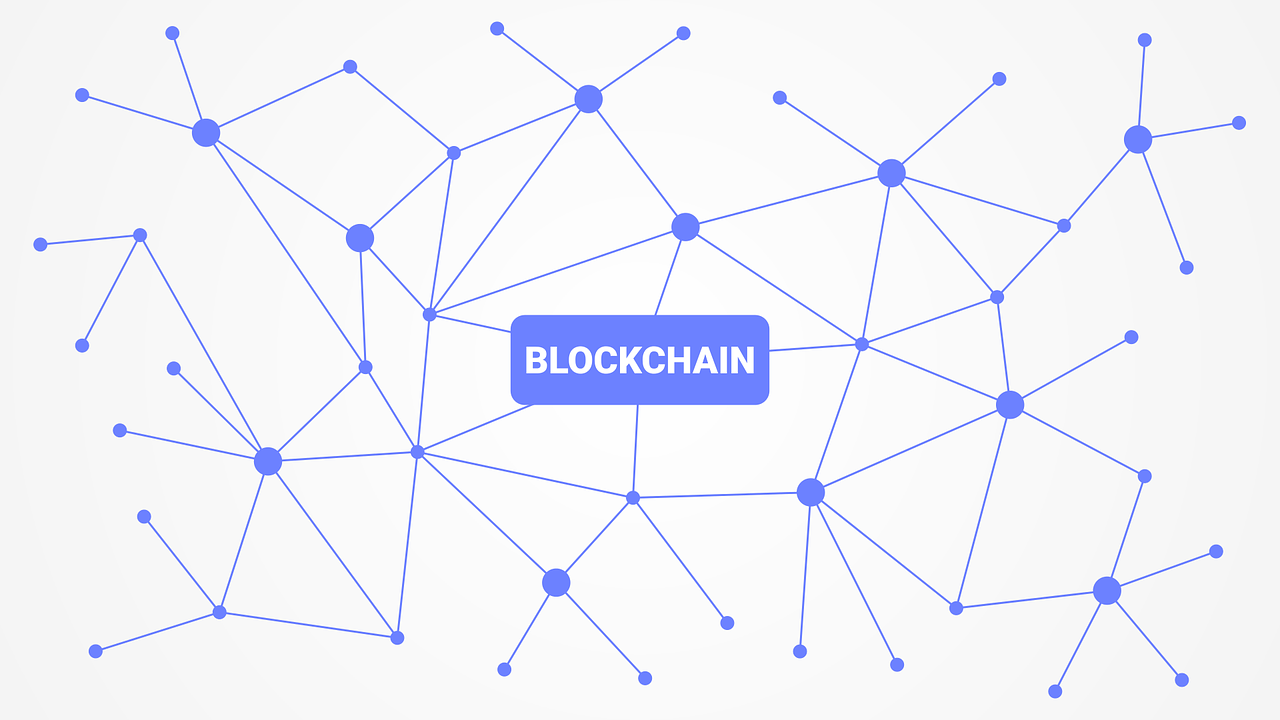We recommend the best products through our internal review process and may receive compensation if you visit partners we recommend according to our advertising disclaimer.
The value of a currency is based on its stability and how it has stood the test of time, including how it has performed in various economic climates. A currency must be relatively stable and function as intended. The value of most currencies came initially from their innate properties. The issue of ascribing a currency with a specific value has always been tricky, even more so with the advent of fiat currencies because their value is not attached to a commodity.
Humans have used various commodities throughout history to conduct economic activity, ranging from agricultural products to precious metals. The use of coins as currency first started in Mesopotamia c. 625 BCE. Despite this early introduction to using coinage, our agrarian-based ancestors conducted most economic activity using the barter system. Physical goods, mainly agricultural products like cocoa and wheat, were exchanged for goods that couldn’t be made on the farm. Eventually, humans began replacing the barter system with precious metals. These metals were minted by the state (government) into a state-issued coin. Coinage was much easier to transport over great distances than other commodities.
Programmers created cryptocurrency to combat the issue of fluctuating currency values. Part of the value of a cryptocurrency comes from the idea that it has its specific purposes and functions. They all have problems they were designed to solve.
Blockchain Technology
Simply put, the blockchain is essentially a form of complex mathematics where a figure is split into its lowest unique denominator. That denominator cannot be replicated in any way. The inability of the denominator to be repeated forms a security system that can’t be manipulated without it being obvious to other users on the network. This system serves as a form of the protective wall for Bitcoin. Bitcoin security is based on blockchain technology. This is because blockchain is a system of recording information in a way that makes it difficult or impossible to change, hack or cheat the system.

Blockchain Privacy Concerns
For example, a Bitcoin user has a list of transactions on the Bitcoin network; the user does not need to hire security experts to keep that information private. The reason for this is the presence of the blockchain. Blockchain security ensures you can keep your record of transactions private without the need for third-party interference. The decentralized nature of the blockchain also makes sure there is no need to report transactions to a central authority.
Before the introduction of cryptocurrencies, back when banks were the central financial authority. Individuals would have to go through their financial records page by page to search for discrepancies. It was time-consuming and not very productive in the long run.
Blockchain technology allows users to see all transactions that have taken place using Bitcoin. The list of transactions is open to all members of the public who are active on the web. This list of transactions not only comprises that particular user’s list of transactions but all the transactions of everyone on the web. Essentially, it contains every transaction that has ever occurred on the network.
Every user has a private key that is separate from the public key. Users have no access to other users’ private keys. Hackers can’t access the network or gain access to a user’s account. Sharing public keys does not reveal a user’s confidential information; only the user’s network address is gotten from their public key. These addresses can then be used when carrying out transactions on the blockchain network, particularly transactions relating to cryptocurrency.
Once a transaction is confirmed, the network adds it to the blockchain. These extra additions are called blocks. Blocks can’t be changed, manipulated, or altered in any way. The decentralized form of the blockchain makes sure a central body isn’t required to oversee transactions. Therefore, the privacy of the users is maintained. Users are in complete control of their data.
Understandably, this might raise some concerns for potential users, particularly relating to users’ privacy. However, the users’ private information isn’t displayed for everyone to see. No one knows who owns a particular unit of Bitcoin because Bitcoin works using digits and numbers, not personal data. Nobody knows who owns a specific number because there is only a list of transactions full of purely public numbers.
On an episode of The Crypto Show, Nick Sexton said, “with Bitcoin, it’s all about the numbers. I don’t know your number, you don’t know my number. So we have this huge list of transactions that is totally public.”
Some things that are worthy of note include:
- All transactions are displayed on the network.
- Bitcoin operates using numbers.
- User information is kept private.

Blockchain Security Issues
Understandably, some people take financial privacy very seriously. They might not be comfortable with the idea of other people being able to view their transactions history. The advantage of the Bitcoin network is that your private information isn’t made public.
For people who do not feel completely comfortable with the way Bitcoin operates, there are knockoff versions of Bitcoin that allow people to have increased privacy. These knockoffs won’t let you escape the blockchain but will help you impose your privacy using complicated mathematics. These alternative versions of Bitcoin take incoming Bitcoin, scramble them up and churn them out with different denominators, making it impossible to tell one unit of Bitcoin apart from the other.
Privacy and security are essential, especially regarding money and finances. Blockchain technology is a secure way to store information, including financial transactions. By using blockchain technology, Bitcoin and other cryptocurrencies have become one of, if not the most, safe ways to handle financial transactions.
Click for your free Crypto investing course here.
If you want to learn more about cryptocurrencies, download the 2021 Cryptocurrency Investment For Free: https://bit.ly/3uiJgGA
Follow us on Twitter: https://www.twitter.com/


